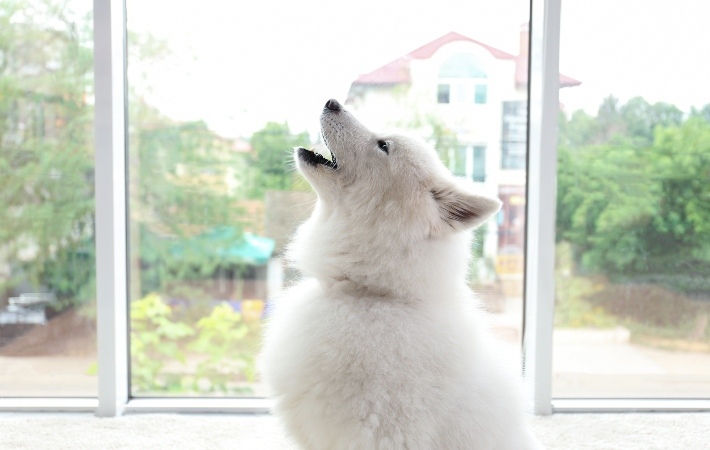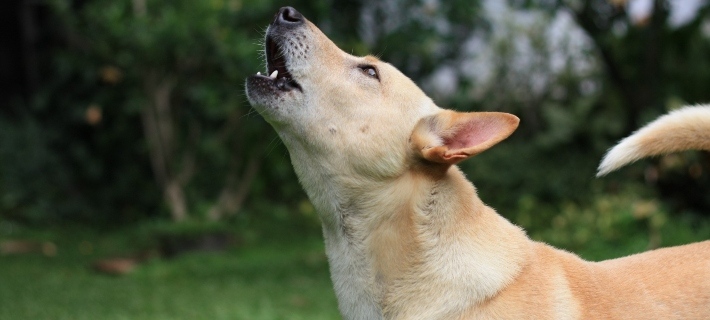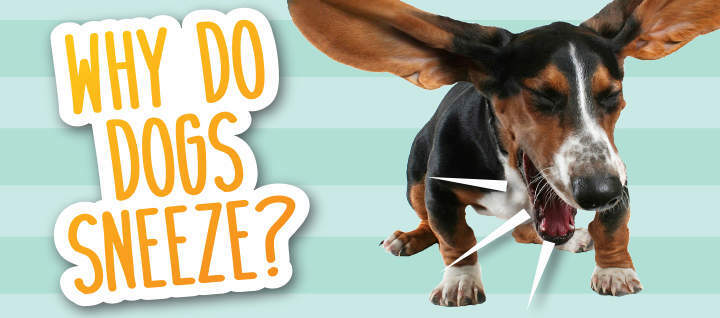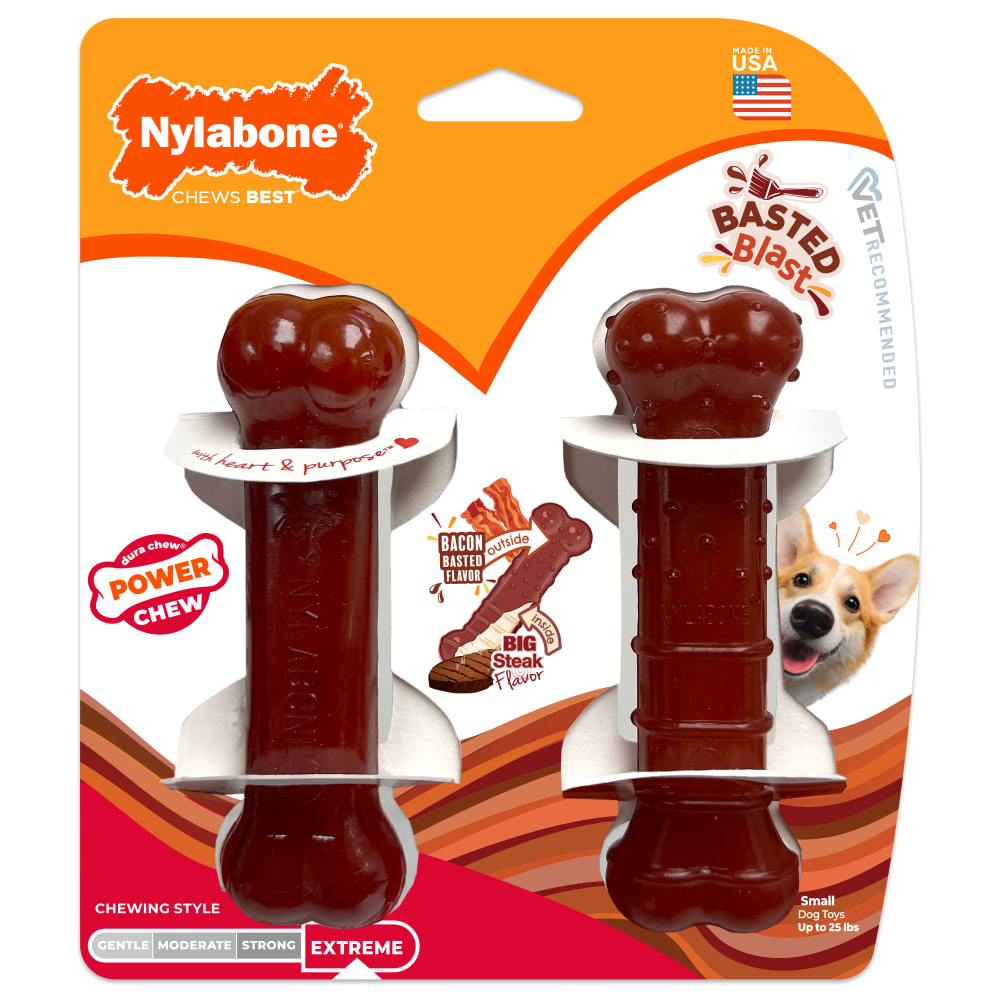Why Do Dogs Howl? 5 Reasons for This Ancient Habit
After living with humans for millenniums, dogs seem to be far removed from their wolf-like ancestors. Our furry friends have traded their strong, hunting-ready jaws for smaller teeth that are more likely to chomp a dog treat than prey. Despite the many social and physical changes they have experienced over the years, a fascinating age-old habit lives on: howling.
So, why do dogs howl? There are several reasons your pup may channel their inner wolf with this loud cry, such as to warn potential intruders or get something they want. Let’s explore why your dog may be howling.
#1: Signal Their Location
Dogs have been expert communicators since ancient times! In the wild, some canines may hunt for food while other members of the pack stay behind. Howling lets the rest of the group find their way back home. The next time your furry friend howls as you’re approaching the door or when you’ve otherwise been separated for a while, they may be trying to guide you back to them.
In addition to directing others to safety, your pup may howl to tell another dog they come in peace. For instance, if you and your pup are approaching another dog’s home, howling helps ensure the other dog is not surprised or frightened by your arrival.
#2: Seek Attention
Dogs are smart and can quickly learn how to get what they want. If you’ve ever given your howling pup a treat to calm them down, for example, you’ve taught them that this behavior will result in a reward. Your dog may also learn howling when they’re bored leads to attention—even when that attention is bad, they still might enjoy the interaction.
To break this habit, you’ll need to show your dog inappropriate behavior does not lead to rewards or praise. Ignore your pup when they howl for attention and encourage other members of your family to do the same. Once your dog quiets down for a few minutes, then reward them with a treat or their favorite play toy to reinforce the positive behavior.
RELATED: Why Do Dogs Bark So Much? 7 Possible Reasons
#3: Protect Their Territory

Does your dog howl at visitors or people passing by on the street? Canines are territorial creatures, and they will often howl to warn people or animals who they perceive to be invading their space. That’s why strangers are more likely to be on the receiving end of an enthusiastic howl than family members or anyone else your dog knows.
Distracting your dog or taking them to a quieter environment can help prevent territorial howling. Try shaking your keys or squeaking a toy to capture their attention and lead them away from the source of the behavior. Give them the “sit” command followed by a treat or toy only after they’ve completely calmed down.
#4: Express Loneliness
Howling can be a symptom of separation anxiety, a behavioral problem that occurs when a dog is apart from a favorite person or animal. This feeling of extreme loneliness can lead to other problem behaviors including barking, urinating in an inappropriate area, and destructive chewing.
Although you won’t hear your dog howling while you’re away from home, a neighbor may alert you to the noise. If you have a home security system that records audio, it may pick up the howling as well. Spending quality time with your dog when you come home or asking a friend to check on your furry friend while you’re away are both sources of comfort when your dog feels lonely. Chewing also helps dogs cope with separation anxiety, so give them a fun chew toy when you arrive to help them manage the stress.
RELATED: 5 Tips for Leaving Your Dog Home Alone
#5: Indicate an Injury
Just as we sometimes cry when we get hurt, dogs may howl to signal they are in pain. If your dog’s howling is accompanied by twitching, panting, excessive licking, an arched back, or limping, consult your veterinarian for advice.
Why Do Dogs Howl at Sirens?

While there’s no conclusive evidence why dogs howl at sirens and other high-pitched sounds, we do know that packs of wolves tend to howl together—with each wolf “singing” a different note. Dogs may instinctually channel their ancestors and howl along when they hear a siren that mimics this song-like sound. It’s also possible a howling dog is simply mistaking the noise for other dogs howling far away. Either way, your dog’s vocal response indicates they have been alerted to the message.
A Cornerstone of Communication
Knowing why dogs howl will help you better understand your dog’s needs and recognize when they’re trying to send you a special message. The next time you hear your best friend bellow out, just remember they’re paying homage to their ancient roots!
You’re doing your part to discern your best friend’s verbal cues, but how well can dogs understand humans? The science may surprise you!
FOLLOW US!






